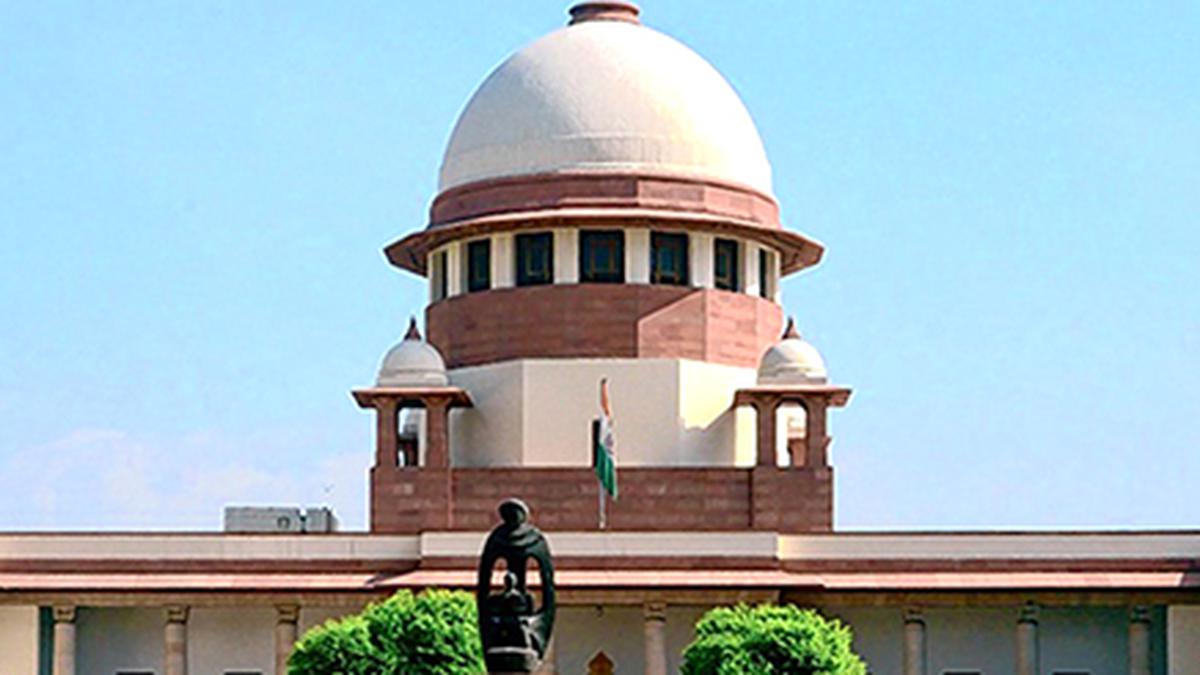
Supreme Court agrees to hear Delhi Government’s challenge to ordinance on July 10
The Hindu
Chief Justice of India D.Y. Chandrachud on July 6, 2023 told the Delhi government that the Supreme Court will list on July 10 the Aam Aadmi Party regime’s petition seeking to quash a central ordinance which puts the L-G back in the driver’s seat
Chief Justice of India (CJI) D.Y. Chandrachud on July 6 told the Delhi Government that the Supreme Court will list on July 10 the Aam Aadmi Party regime’s petition seeking to quash a Central ordinance which puts the Lieutenant Governor back in the driver’s seat by allowing him to exercise control over civil servants in the national capital.
Senior advocate A.M. Singhvi, for the Delhi Government, mentioned the plea for urgent listing. The CJI referred to the Delhi Government’s separate challenge against the appointment of the Delhi Electricity Regulatory Commission (DERC) chairperson, posted on July 11 for hearing.
Also Read | The legality of the Delhi Ordinance
Mr. Singhvi said this was a separate challenge against the entirety of the ordinance. The Arvind Kejriwal Government has argued that the National Capital Territory of Delhi (Amendment) Ordinance, 2023 was promulgated within just eight days of the Supreme Court’s May 11 verdict in favour of the authority of Delhi Government to make laws and administer civil services in the national capital.
The May 11 judgment of a Constitution Bench led by Chief Justice Chandrachud had limited the role of the Lieutenant Governor (L-G), an arm of the Centre, over bureaucrats in the capital to three specific areas — public order, police and land.
“The ordinance has now wrested control over civil servants serving in Delhi from the Government of NCT of Delhi to the unelected Lieutenant Governor… It has done so without seeking to amend the Constitution, in particular Article 239AA, which holds that the power and control over services should be vested in the elected government,” the Delhi Government, also represented by advocate Shadan Farasat, has submitted.
The government said the ordinance upends the Constitution Bench judgment without “altering its basis”, that is, explaining why the court’s decision to give the authority over services to the elected government was wrong in law.











